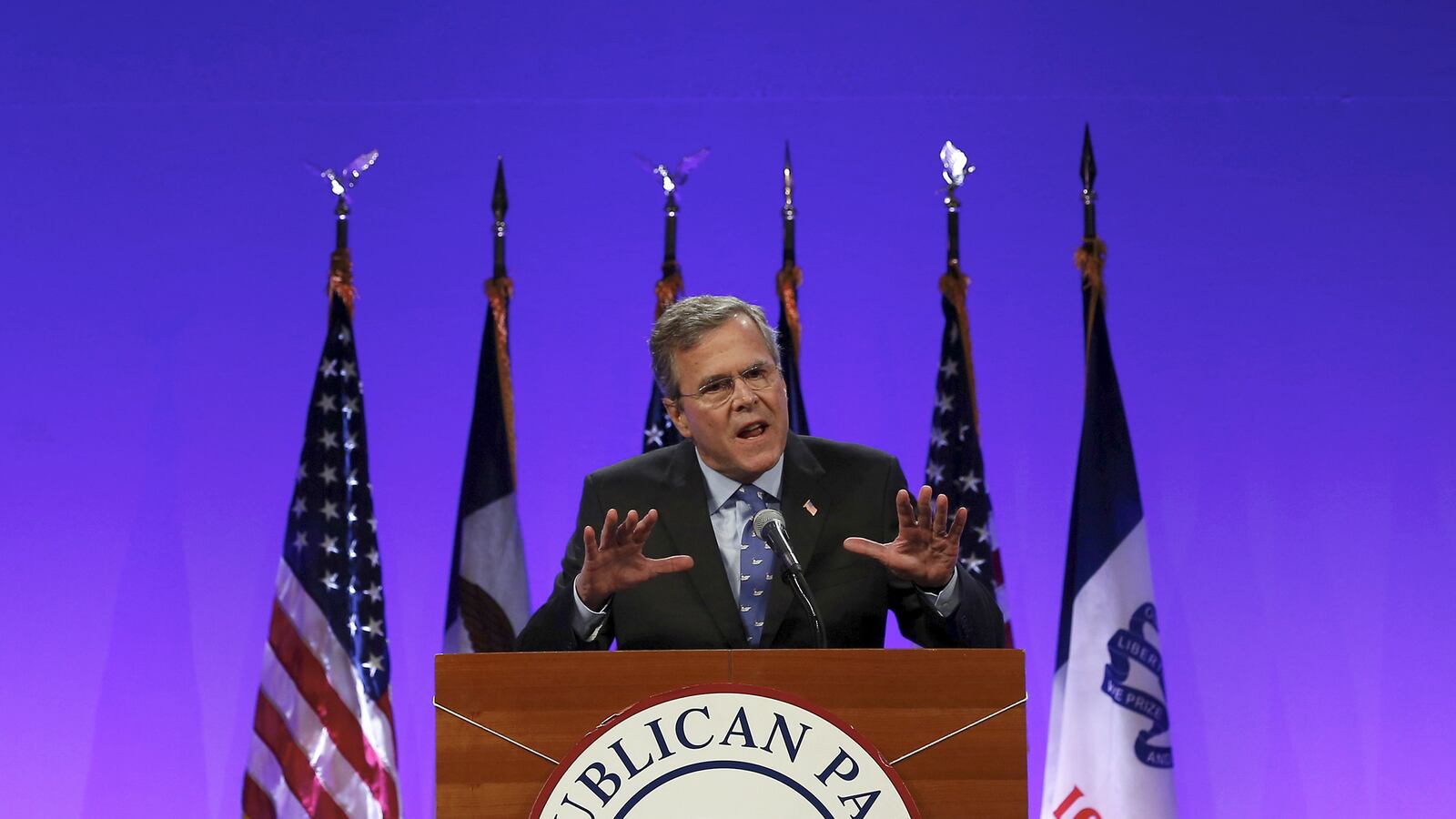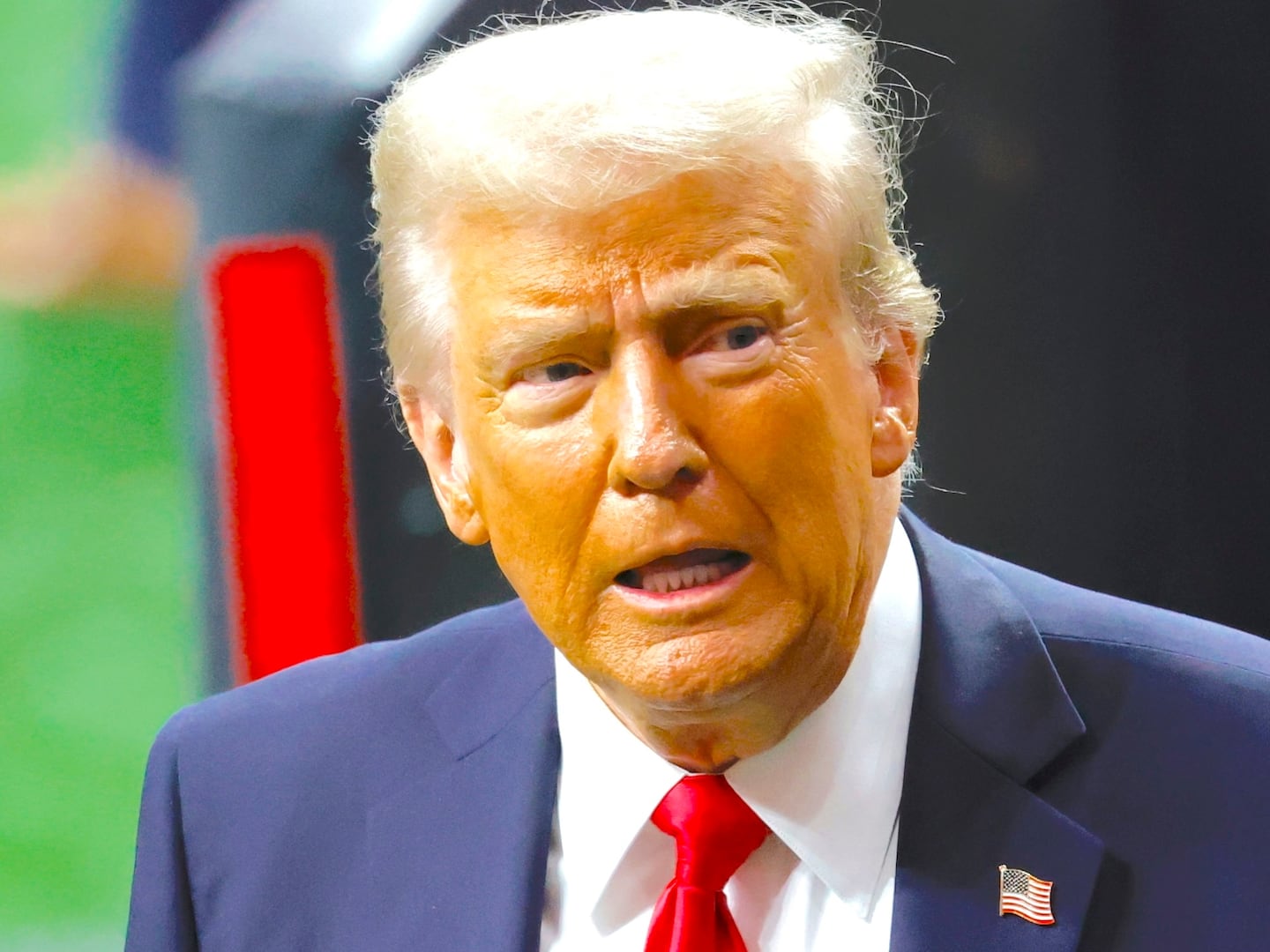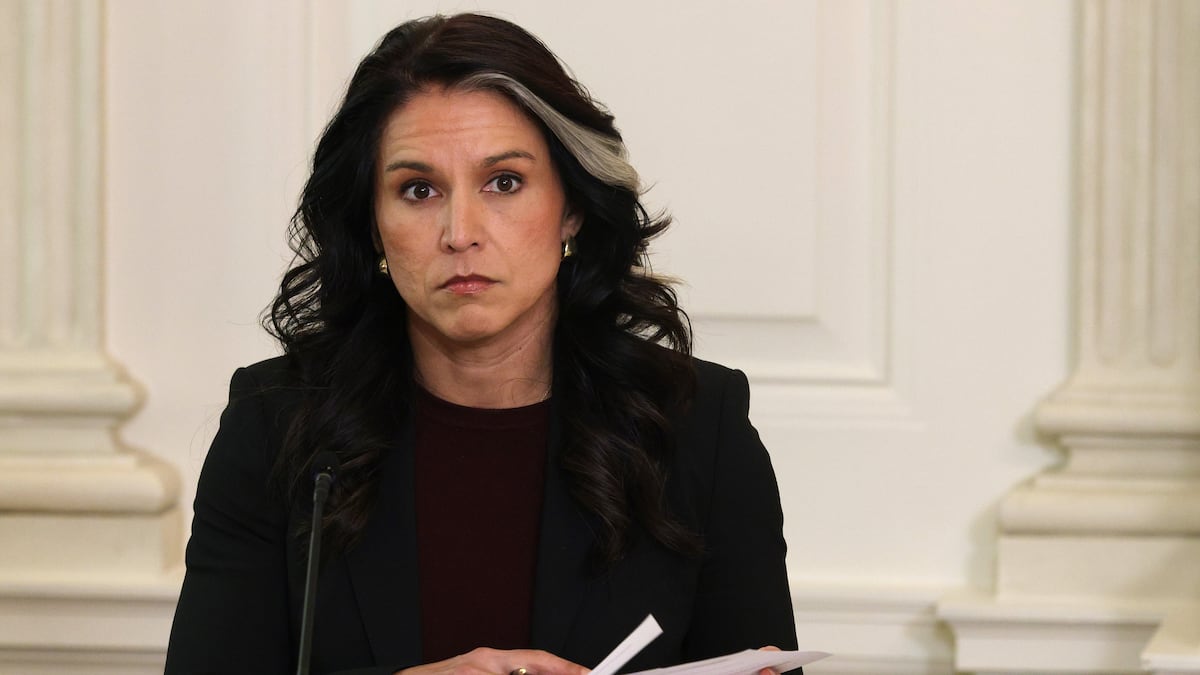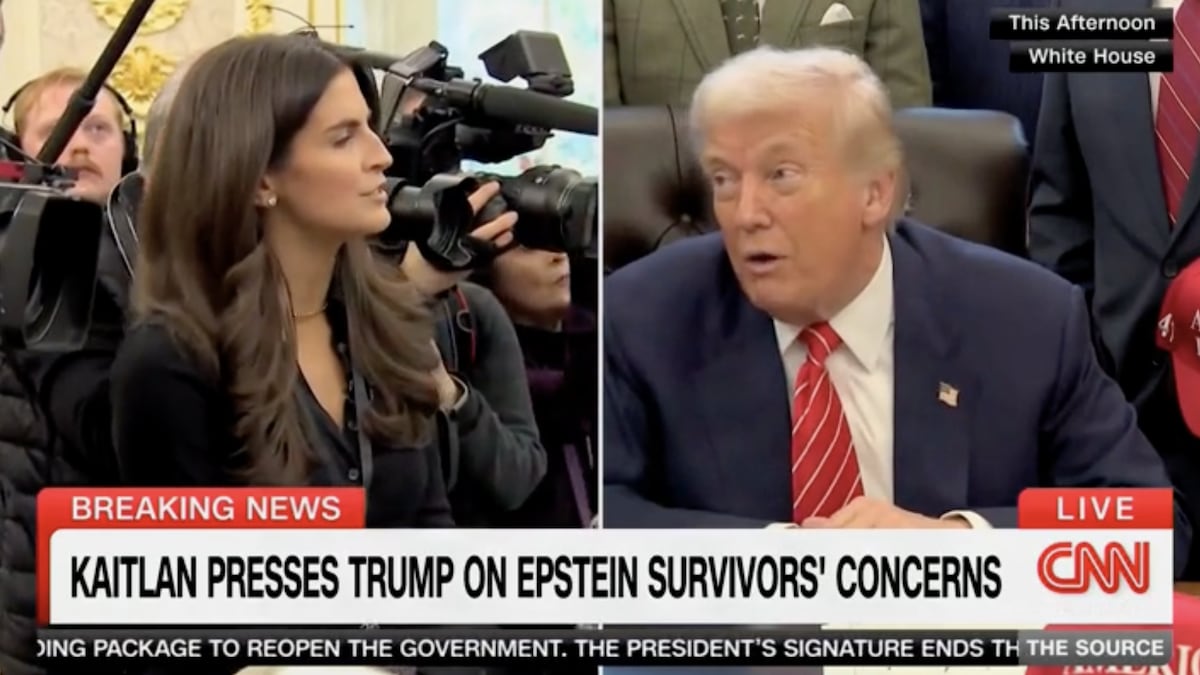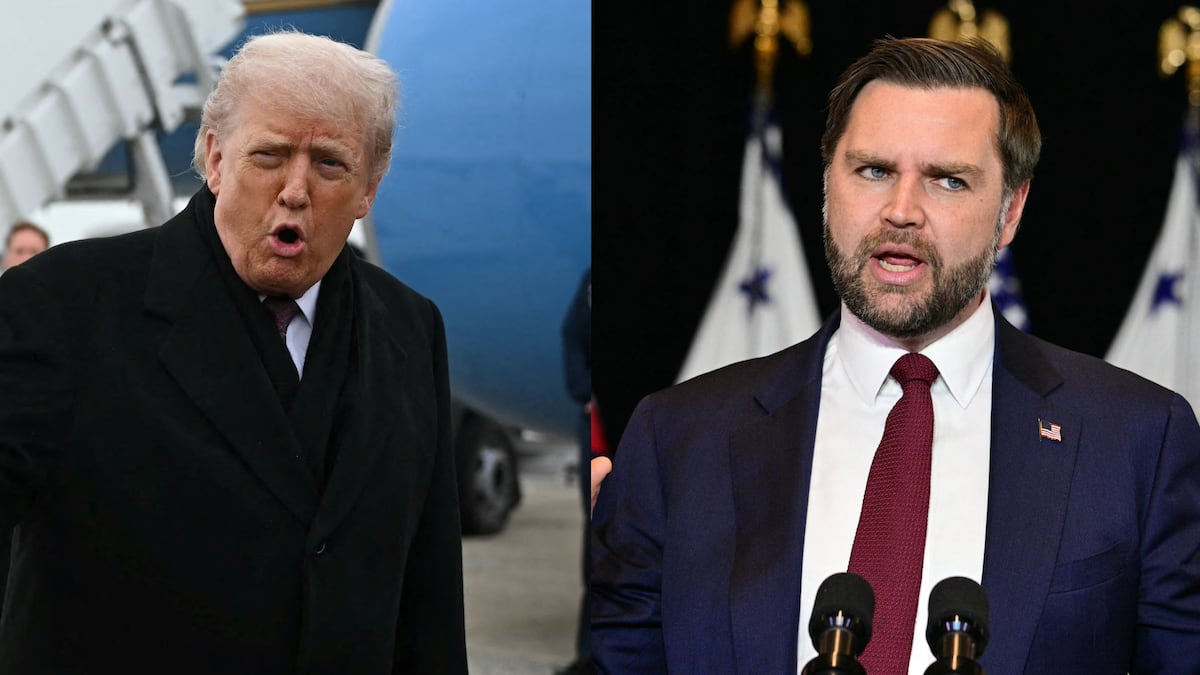The Iraq hypotheticals currently ensnaring the Republican Party’s presidential candidates are “asinine” and the worst of “gotcha journalism,” argue some of the neoconservative thinkers who advocated most aggressively for the 2003 invasion.
Questioning whether the United States should have gone to war in Iraq is pointless, they say, because decision-makers never get to make future decisions with the benefit of hindsight.
“Nobody lives life backwards,” said Eliot Cohen, a founding member of the Project for a New American Century and later a top aide to Secretary of State Condoleezza Rice. “At the time, reasonable people could disagree over whether to go to war in Iraq. It’s really a silly hypothetical, and the people who ask it should know better. You don’t get to relive history that way.”
“It reflects more on the media’s obsession with a new litmus test,” said Danielle Pletka, the vice president for foreign and defense policy studies at the American Enterprise Institute. “One isn’t president or commander in chief in hindsight.”
The United States continues to suffer the consequences of the Iraq war: thousands of American lives lost at a cost of billions of dollars. Assessments after the initial invasion found that the massive weapons of mass destruction program the Bush administration used as one of the primary reasons to go to war simply didn’t exist.
And in the instability that followed the U.S. withdrawal from the country, another deadly terrorist group emerged: the so-called Islamic State, which has beheaded Americans and threatens U.S. allies in the region.
So the price of invasion has certainly been very steep, and worth assessing.
The press has savaged Republican presidential candidates Jeb Bush and Marco Rubio over the past week for saying both that the invasion of Iraq was the right decision and that they would not have invaded Iraq with the benefit of current knowledge—that intelligence assessments of Iraq’s WMD program were wildly incorrect.
In the years after the invasion of Iraq, neoconservatives have expressed few regrets about their efforts to encourage the toppling of Saddam Hussein via invasion.
Bill Kristol, the founder and editor of the hawkish Weekly Standard, said that even knowing what we know now, he would have still pushed for an invasion.
“Then would have surged troops much earlier,” he said, “and would not have thrown it all away after the war was effectively won at the end of 2008.”
But Kristol doesn’t hold it against Republicans like Bush and Rubio for thinking differently: “Can’t blame candidates for not wanting to spend time and effort taking on the politically correct No position,” he said.
And those who disagree with The Weekly Standard’s editor, one of the most ardent advocates of the invasion, shouldn’t expect an apology. In an email to The Daily Beast, Kristol signed off:
“Unapologetically,
Bill”
The Iraq question, first asked by Fox News’ Megyn Kelly of Jeb Bush, should not have been unexpected. Nor was it inconsequential: The heart of the question is whether, absent the threat of a major Iraqi WMD program, the invasion of Iraq was still wise.
But both Cohen and Pletka said the structure of the question pointed to something deeper about American press coverage of American politicians—the desire to catch a politician off guard in a moment of uncertainty rather than trying to achieve a deeper understanding of where candidates stand on various issues and how they would react in a crisis.
“I think it’s an asinine question that says more about the politicization of debate than it does about the candidates themselves,” Pletka said.
Cohen, who wrote his first book in 1978 and joined the policy planning staff of the office of the secretary of defense in 1990, called the “gotcha journalism” view of foreign policy poisonous and counterproductive—and said it is more prevalent now than in previous years.
“In past eras in the United States, people would have serious conversations about foreign policy…which is going to be necessary, because the world is now such a complicated place,” Cohen said. “People are going to [need] the patience to examine each of the candidates on both sides and get a sense of where they stand.”
The press, he said, should focus on building up a “composite portrait” of presidential candidates and their foreign policy views on China and on Iran.
Added Pletka, “Wouldn’t you rather hear what they would do now about Iraq? Now that’s a harder question.”
“Anyone in their right mind hasn’t been happy if you look at Iraq—you certainly have to ask yourself [about] the return that we got for the investment in blood and treasure...People should ask themselves what are the lessons to be learned from the whole Iraqi experience,” Cohen said.
While he dismissed the current GOP debate as a “silly hypothetical,” Cohen did say revisiting the Iraq War is necessary. He identified three areas presidential candidates should be questioned about on Iraq: What the war taught us about America’s ability to acquire intelligence on weapons of mass destruction programs; the ability of the U.S. government to adapt to challenges such as counterinsurgency and building up a foreign military, and how to disengage properly after an invasion.

